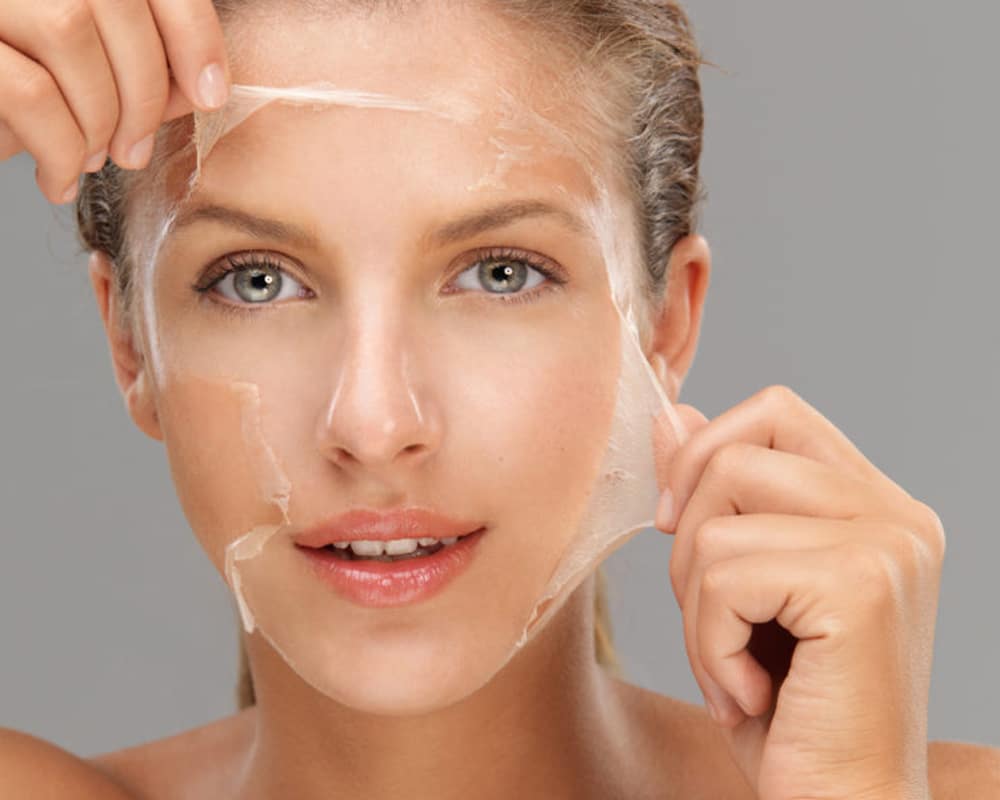Why Do I Have Body Acne But Not Face? Shocking Truth Revealed
As a beautician, you may frequently encounter clients who express their frustration with body acne. It prompts a critical question: 'Why do I have body acne but not face?' This peculiar phenomenon can leave many puzzled, and helps to uncover the connection between skin types, products, and hormonal health. In this extensive article, we will dive deep into body acne, its causes, and effective treatments tailored for your professional practice.
It's common for individuals to experience acne in various regions of the body while keeping their facial skin seemingly clear. Factors contributing to this difference can range from genetics to skincare habits. Analyzing these factors can empower beauticians to provide tailored advice to their clients, illuminating the path towards healthier skin.

Understanding Body Acne: Causes and Characteristics
Before we explore the specific question of why some individuals experience body acne but not on their face, let's start with an overview of body acne. It can manifest in various areas, including the back, chest, and shoulders, and can significantly affect a person's self-esteem and confidence.
One major aspect contributing to body acne is the presence of **sebaceous glands**, which are abundant in areas like the back and chest. These glands secrete oil, and when combined with dead skin cells and bacteria, can lead to clogged pores. By adopting a deeper understanding of how these factors interplay, beauticians can better guide their clients.
Common Myths Surrounding Body Acne
Myths, in the realm of body acne, can lead to misconceptions among clients. Some believe that body acne is solely caused by poor hygiene, while others think that certain foods have no impact. In reality, there are multiple facets to consider: skin type, hormonal fluctuations, skincare choices, and lifestyle factors.
Why Body Acne May Appear in Absence of Facial Acne
Now, lets get to the crux of the inquiry: 'Why do I have body acne but not face?' Several reasons can explain this occurrence:
- Skin Type Variations: Individuals often have different skin types on their body and face. Body skin can be thicker and oilier, making it more prone to acne.
- Hair Follicle Density: The back and chest have a higher density of hair follicles, which can trigger acne when sebum production is excessive.
- Hormonal Influences: Fluctuations in hormones may affect one area of the body more than another.
- Product Usage: Using specific body products like lotions or creams with heavy ingredients can clog pores.
Recommended Treatment Approaches
When it comes to treating body acne, it's essential for beauticians to adopt a personalized approach:
- Regular Exfoliation: Encourage clients to exfoliate regularly to remove dead cells and prevent clogged pores.
- Use Non-Comedogenic Products: Recommend products that wont clog pores. This is crucial for body lotions and shower gels.
- Hydration and Nutrition: Remind clients that proper hydration and a balanced diet can significantly impact skin health.
For deeper insights into treatment methods, check out this informative article on How to Get Rid of Body Acne.
How Diet Influences Body Acne
Diet plays a pivotal role in skin health. Its vital for beauticians to educate their clients regarding foods that may exacerbate acne. Common culprits include:
- High Glycemic Foods: Foods that spike blood sugar can increase sebum production.
- Dairy Products: Some studies suggest a link between dairy consumption and acne.
- Processed Foods: Foods high in sugar and refined carbs can lead to inflammation, worsening acne.
To further understand how diet affects acne, refer to this article on Foods That Cause Body Acne.
FAQs About Body Acne
1. Can body acne be a sign of a larger hormonal issue?
Yes, persistent body acne could signal underlying hormonal imbalances requiring further investigation.
2. Should I use the same products for my body as my face?
No, it is generally advisable to use products tailored for body skin, which may differ from those intended for facial care.
3. Is sunscreen important for preventing body acne?
Indeed, protecting the skin from sun exposure is crucial, even for body acne-prone areas, as sun damage can worsen skin conditions.

Conclusion
Understanding the deeper reasons behind body acne can empower beauticians to offer effective, individualized guidance to clients. The question of 'Why do I have body acne but not face?' can be addressed with thorough knowledge of skincare practices, dietary influence, and proper product recommendations.
With ongoing education in this field, beauticians can help their clients feel delighted in their skin, potentially leading to remarkable improvements in their confidence and overall well-being. For more insights, consider exploring this health article.

